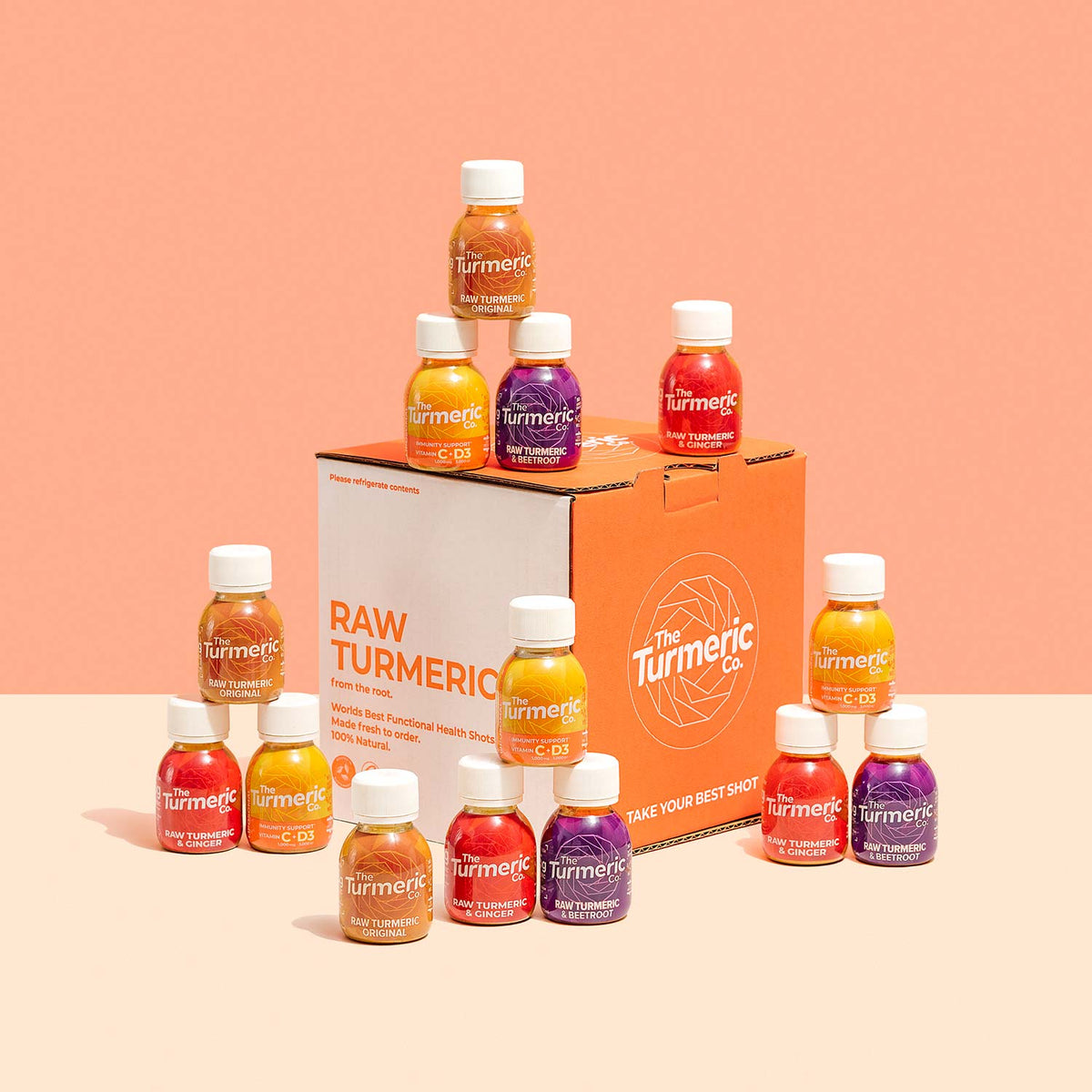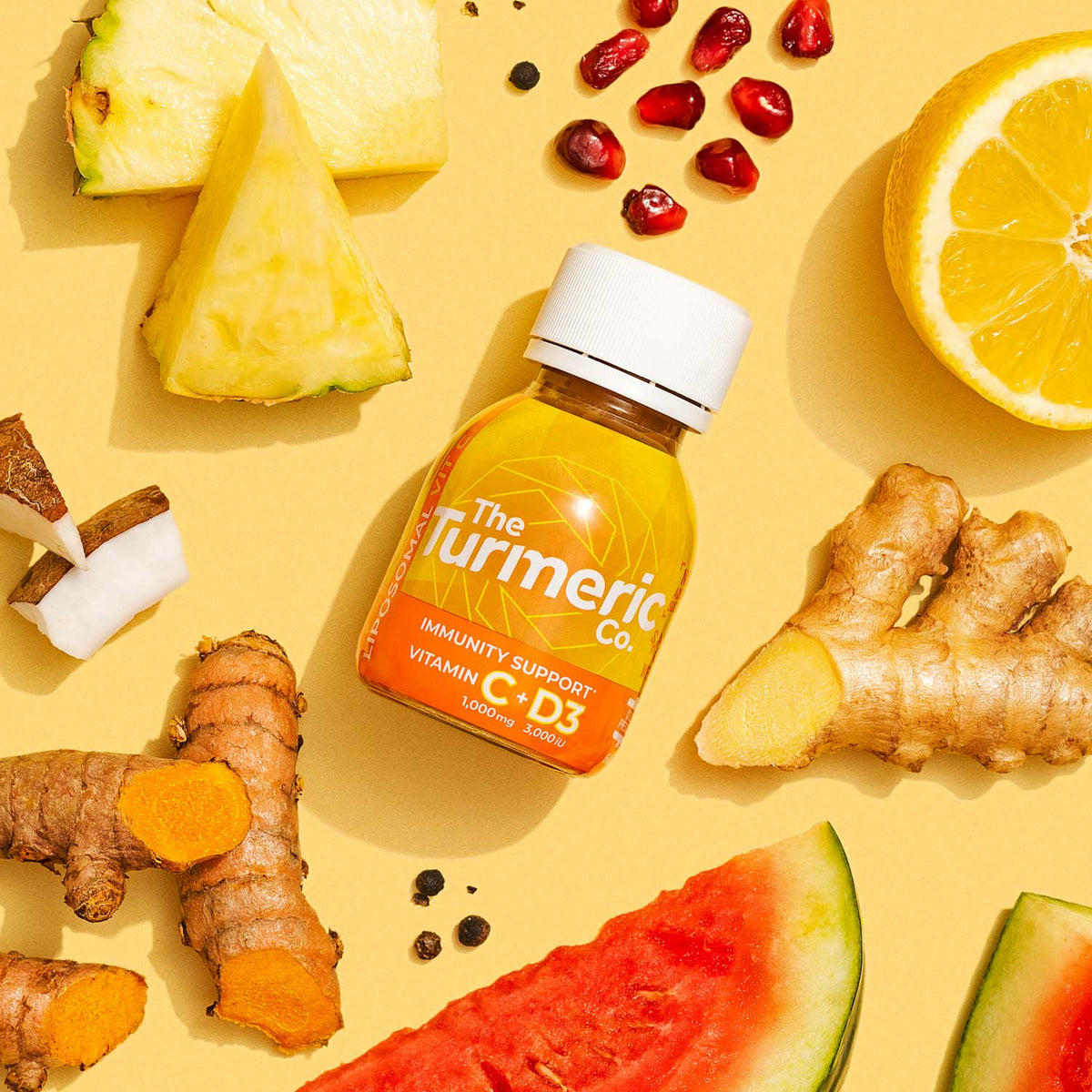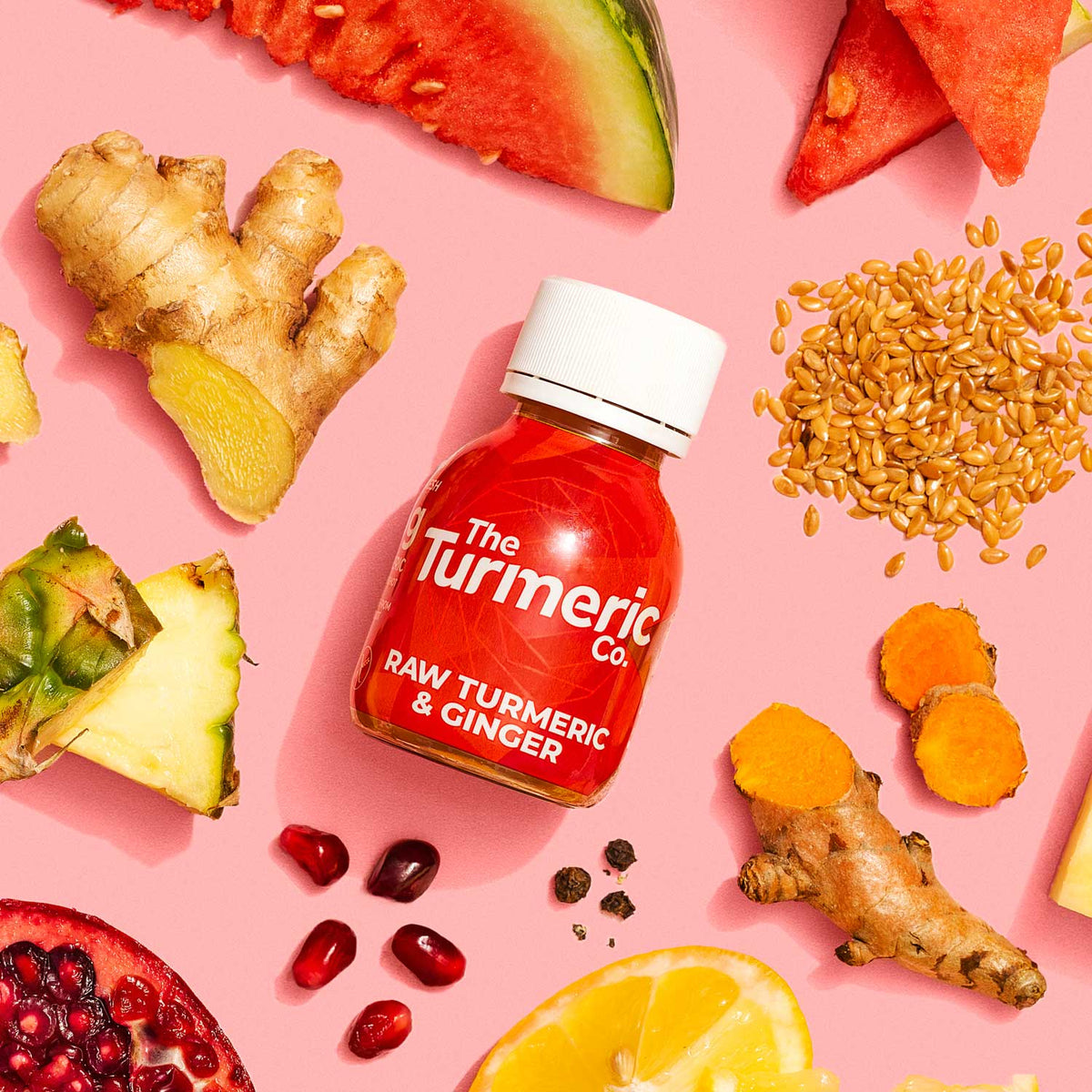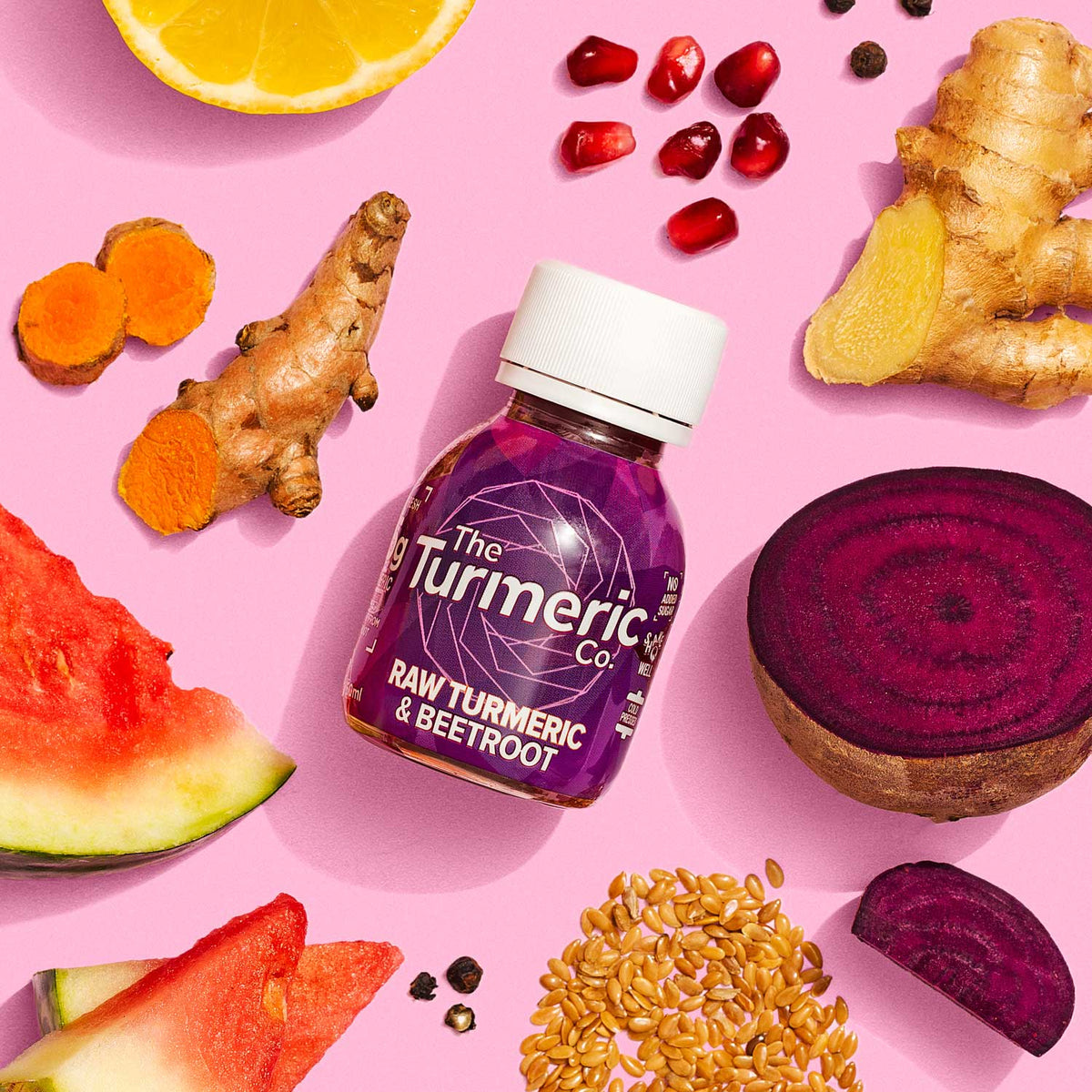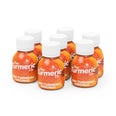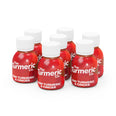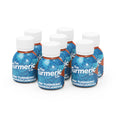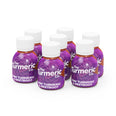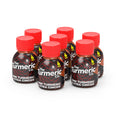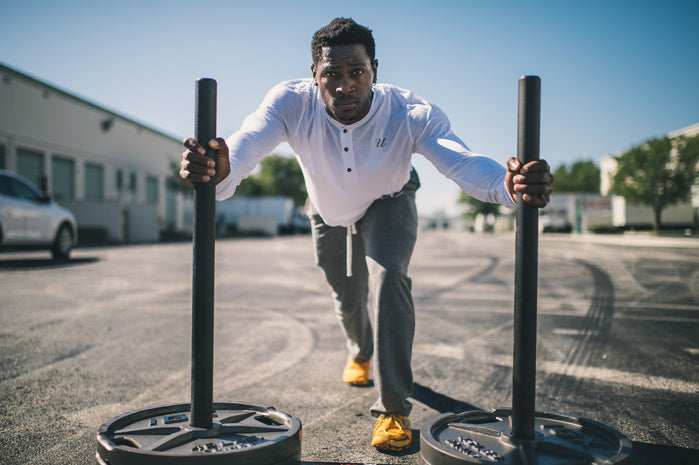Pain, tiredness and physical exertion all come as a result of a good workout.
Although unlike other pain, it also brings a sense of achievement. If you come strolling out of ‘leg day’ with a spring in your step, was it really even ‘leg day’ at all? When you complete a high-quality, effective workout, your body begins to ache. This tells your body that it needs to be fitter and stronger and that it now requires rest in order to repair and grow. The muscles that you have broken down during your workout are then rebuilt using protein synthesis. T
here are a number of ways you can help the growth and repair stage and that’s what we’re going to cover next. Here are a few you may not have already considered:
1. Keep hydrated
Keep hydrated Keeping constantly hydrated is imperative in the pursuit of a healthy body and mind. Protein synthesis, which we mentioned before, requires the muscles to be hydrated in order to work at an effective rate. Lack of hydration results in slower muscle recovery and renders the entire workout less effective.
2. Get sufficient sleep
Deep (non-REM) sleep is when our body gets the most rest. At this stage of sleeping, there is low neurological activity, allowing more blood to work on muscle recovery. Another process that occurs at this sleep stage is the release of the human growth hormone (HGH) from the pituitary gland. This hormone is responsible for stimulating tissue growth and muscle repair. Another process that occurs at this sleep stage is the release of the human growth hormone (HGH) from the pituitary gland. This hormone is responsible for stimulating tissue growth and muscle repair.
3. Avoid alcohol
Alcohol can be detrimental to your post-exercise recovery.
It can cause a lot of stress to your immune system, which results in recovery being pushed down the priority list.
Alcohol also adversely impacts all your recovery efforts, including those mentioned above. In terms of hydration - alcohol is a diuretic. After consumption, your body removes fluids from the bloody via the renal system much faster than it does for other liquids.
In terms of sleep - alcohol disrupts natural sleep patterns, meaning much less time in the deep sleep phase, and it can also lead to much less sleep overall.
4. Eat a balanced diet
Once you’ve got the healthy lifestyle choices covered - you’re keeping hydrated, getting plenty of sleep and avoiding alcohol - you may be looking for further ways to boost your recovery efforts. There are specific vitamins and minerals our bodies make use of to recover from physical exertion.
Vitamin A is very useful for supporting protein synthesis by helping break down the muscles before the restoration process begins. Eggs can be a great source of vitamin A, if you’re looking to get more.
Vitamin C works as an antioxidant - and a strong one at that. This is why we’re told to eat a minimum of 5 fruit and vegetables every day.
Protein is vital to the breakdown and repair of muscles. If you don’t consume enough protein, your body will struggle to rebuild broken-down muscle fibres, resulting in slower recovery, stunted muscle growth and possibly even injury.
Recovery times holding you back? Our turmeric shots could help. Packed full of antioxidants and anti-inflammatory ingredients, our convenient shots contain everything your body needs to soothe overworked muscles and joints and shorten the road to recovery.
Grab one of our test boxes and see the results for yourself now.
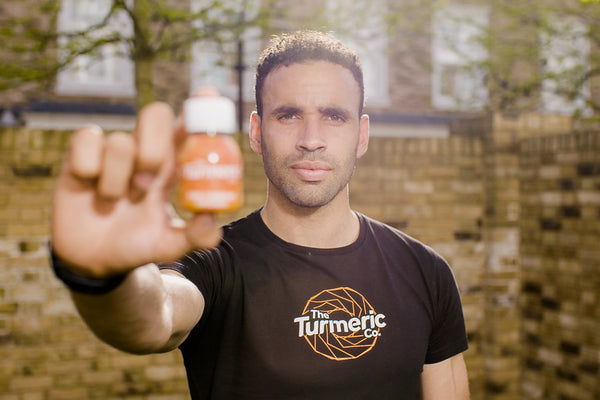
The Hal Robson-Kanu Guide To Fitness & Nutrition
Gain exclusive insight into habits that will make every day a healthy and fulfilling one.
